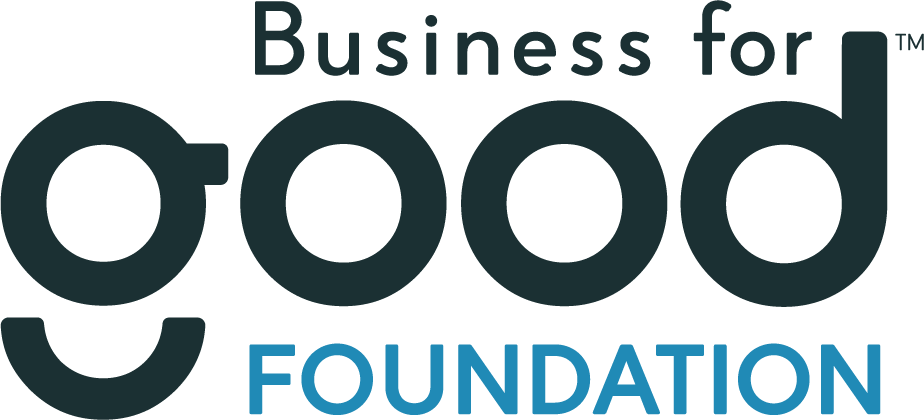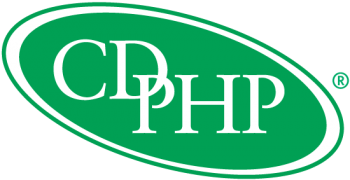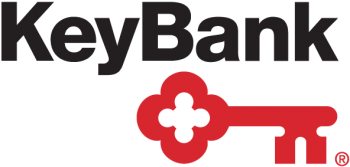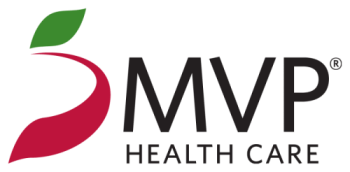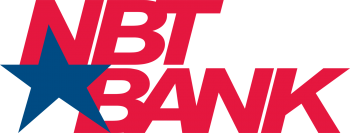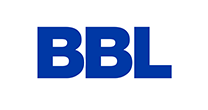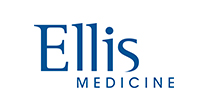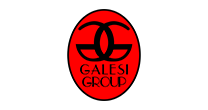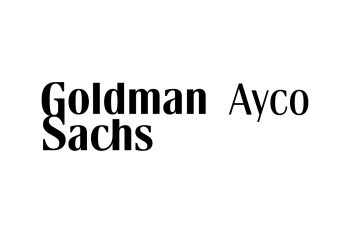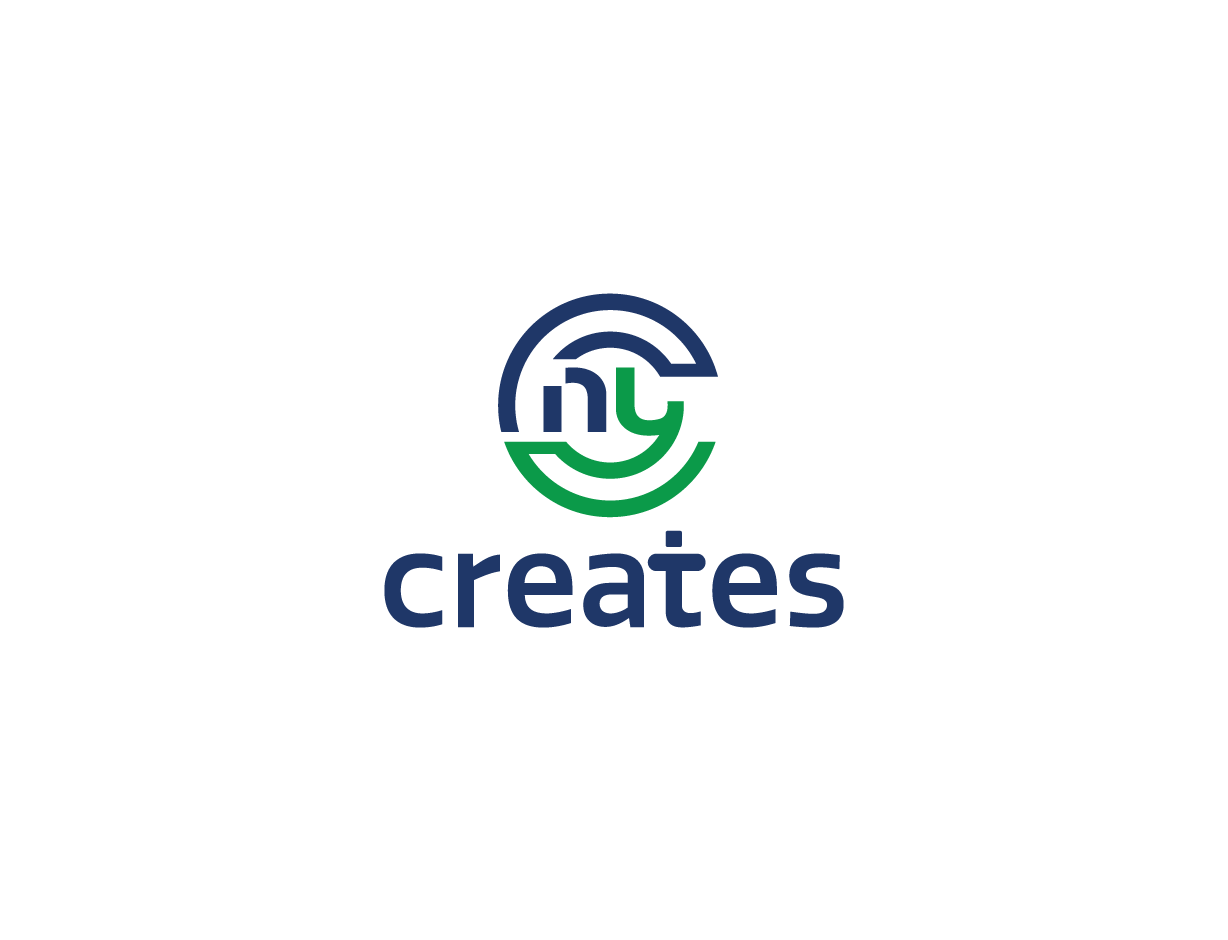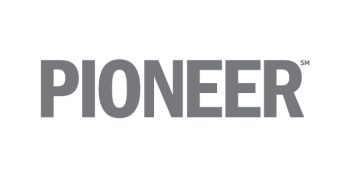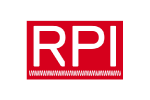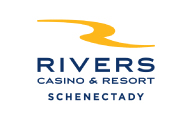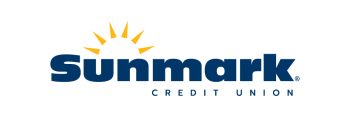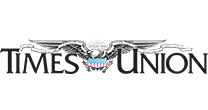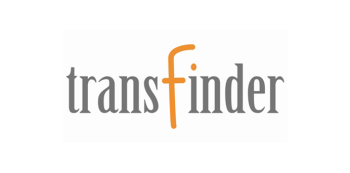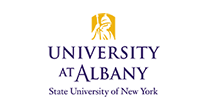News
October 23, 2017Governor Cuomo Announces $2.3 million in Urban Forestry Grants for New York Communities
Governor Andrew M. Cuomo today announced grant awards totaling $2.3 million for urban forestry projects in communities across New York. The Urban Forestry grants are funded through the state Environmental Protection Fund and are part of New York’s ongoing initiatives to address invasive species, climate change and environmental justice.
“These investments will help improve the quality of life in New York neighborhoods by supporting the replacement of trees impacted by invasive pests,” Governor Cuomo said. “Every New Yorker deserves access to clean air, and through these urban forestry grants, we are promoting the benefits of planting new trees to support a better, healthier New York for all.”
Grants were made available to municipalities, public benefit corporations, public authorities, school districts, soil and water conservation districts, community colleges, not-for-profit organizations, and Indian Nations. Awards range from $11,000 to $75,000, depending on municipal population. Tree inventories and community forestry management plans have no match. Tree planting and maintenance projects have a 25 percent match.
The awarded projects target local environmental needs that can truly benefit the community and the environment, including watershed protection. Projects include reforestation in areas to restore forest canopy lost to invasive species such as the Emerald Ash Borer. The 51 project winners for the 2017 grants were selected from 147 applications scored competitively.
CAPITAL REGION
Albany County
- City of Watervliet – $38,268: Watervliet Tree Inventory Program
- Village of Menands – $25,000: Village of Menands Street Tree Inventory
Rensselear County
- City of Troy – $50,000: City of Troy Phase I Inventory and Management Plan Project
- City of Troy – $50,000: City of Troy Phase II Inventory and Management Plan Project
Schenectady County
- Cornell Cooperative Extension Association of Schenectady County – $33,000: City of Schenectady Tree Inventory 2017
- Cornell Cooperative Extension Association of Schenectady County – $33,000: Town of Glenville Tree Inventory
- Cornell Cooperative Extension Association of Schenectady County – $34,000: Town of Rotterdam Tree Inventory 2017
Urban forestry grants complement DEC’s ongoing initiatives to address invasive species, climate change, environmental degradation, environmental justice, and urban sprawl. Over the last six years, the state has funded more than $6.9 million in grants in support of projects with a total value of more than $12 million.
“Urban forestry programs promote clean air, clean water, energy savings, and habitat creation,” Department of Environmental Conservation Commissioner Seggos said. “The Urban Forestry grants announced today, made possible through Governor Cuomo’s increased investments in the Environmental Protection Fund, will help improve the environment and while improving the quality of life in communities across the state.”
Senator Tom O’Mara, Chair of the Senate Environmental Conservation Committee, said, “New York’s fully funded Environmental Protection Fund continues to provide many investments, like the latest Urban Forestry grants, helping localities across the state address critical environmental and economic challenges, including invasive species and watershed protection.”
Assemblyman Steve Englebright, Chair of the Assembly Environmental Conservation Committee, said, “Trees are indispensable parts of town and city living–and the health, environmental and economic benefits street and park trees provide demonstrate a significant return on investment. In fact, the U. S. Forest Service has determined that over their lifetime the benefits trees provide are three times greater than the costs of their care including sidewalk and curb repair. For every dollar New York State invests in Urban Forestry grants statewide, our communities reap three dollars in real benefits like cleaner air, cooler summer temperatures, better stormwater management and increased property values.”
The New York State Urban and Community Forestry Program provides technical assistance to communities through local DEC Urban Foresters and ReLeaf volunteers.


